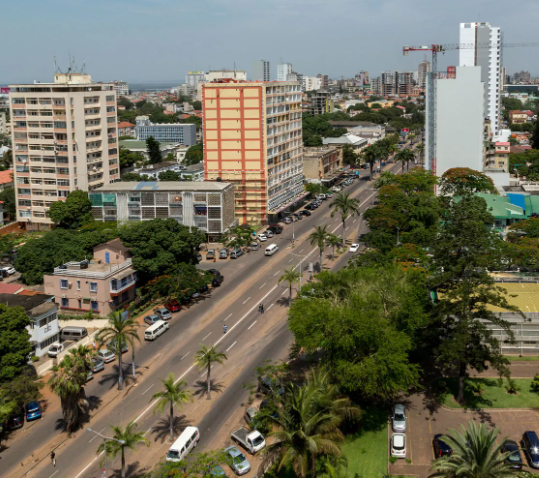Urban density and socioeconomic characteristics of informal settlements
Evidence of interrelation from Maputo, Mozambique

This journal article investigates the relationship between urban density, household socioeconomic status, and the expansion of informal settlements in Maputo, Mozambique. Several studies have documented extensive low-density urban expansion of cities in sub-Saharan Africa, exacerbating issues of inadequate infrastructure, limited mobility, and human impact on the environment. However, the relation between socioeconomic factors and urban expansion trends in sub-Saharan Africa remains understudied.
The findings of the study underscore the following:
- Built densification occurs over time, reflecting an incremental house expansion process enabled by household economic resources.
- Households with higher socioeconomic status consume comparatively more land, contributing to urban expansion.
- Households in more recently established settlements within the city limits have higher socioeconomic status than households in older settlements located in comparable proximity to the city centre.
- Rental housing is more widespread in centrally located settlements and accommodates younger residents with lower socioeconomic status.
Abstract based on original source.


Comments